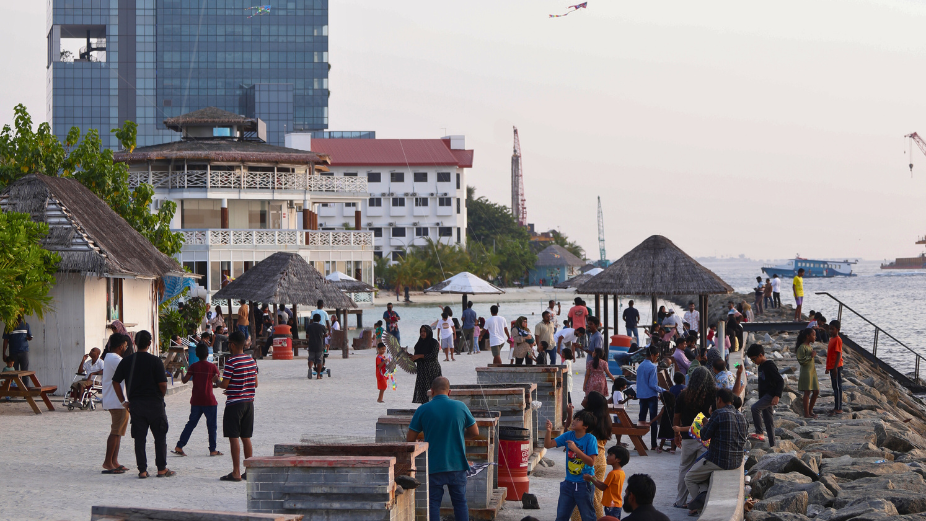
The global population continues to rise annually, posing significant challenges to both developed and developing nations. Among them is the Maldives, which now faces the twin pressures of a declining birth rate and a rapidly ageing population.
Demographic Shifts Highlight Aging Population
The Maldives Bureau of Statistics recently reported that the total population stands at 515,132, with only 382,639 being local residents. Notably, 76% of the population falls within the working-age bracket of 15-64, while a mere 20% are under the age of 15. These figures reveal a demographic shift towards an ageing population, a trend that threatens the nation’s economic stability.
From 2014 to 2022, the population increased by 382,751 individuals, averaging an annual increase of 5,500 children. However, the birth rate has significantly decreased in recent years, contributing to a potential decline in the working-age population. This demographic change is expected to reduce national productivity, as a smaller workforce may not be able to sustain the economic demands of an ageing population.
Economic Impacts of an Aging Population
The economic impact of this demographic shift is profound. A declining working-age population means fewer people are contributing to the economy through labour and taxes, while the demand for pensions, healthcare, and other services for senior citizens increases. This imbalance can lead to higher public spending and strain on social services, potentially necessitating increased borrowing or higher taxes, both of which could stifle economic growth.
Importing human resources to fill workforce gaps is a potential solution but comes with its own set of challenges. Relying on foreign workers can strain economic performance by increasing competition for jobs and potentially leading to social and cultural tensions. Additionally, it may not address the root causes of the declining birth rate and ageing population.
Government Response and Proposed Solutions
Senior government officials stress the urgency of addressing these demographic concerns. Meetings to discuss potential solutions are being prioritised, with some attributing the declining birth rates to housing crises, insufficient time allocated to families due to work demands, and financial challenges faced by couples with multiple children.
Compared with other nations facing similar issues, the Maldives can draw lessons from countries like Japan and Germany, which have implemented various policies to mitigate the economic impact of an ageing population. These measures include incentivising higher birth rates through financial benefits for families, investing in automation and technology to boost productivity, and reforming immigration policies to attract skilled foreign workers.
Policy Recommendations
In the Maldives, similar strategies could be adopted. Government policies aimed at providing affordable housing, offering financial incentives for larger families, and creating a more flexible work environment to allow parents more time with their children could help reverse the declining birth rates. Furthermore, investment in healthcare infrastructure and services for the elderly is crucial to ensure that the ageing population is well supported without overwhelming the economy.
As the Maldives grapples with these demographic shifts, the need for comprehensive and forward-thinking policies has never been more critical. Addressing these issues head-on will be essential to ensuring the nation’s economic stability and continued growth in the face of an ageing population and declining birth rates.











